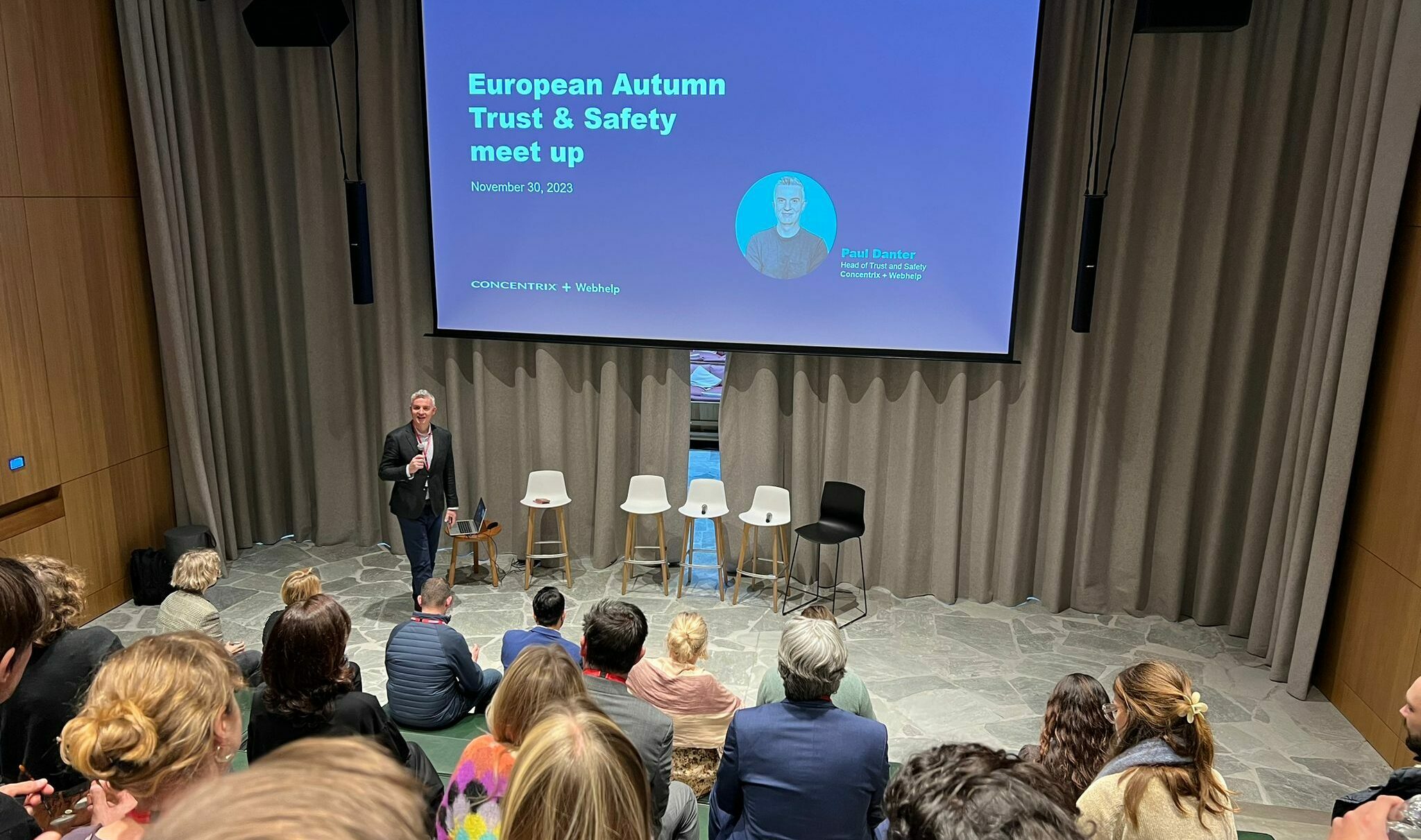(Article published initially in French in Actionco.fr)
Selling is hard. More than ever, marketing-commerce congruence is essential to accelerate growth by generating higher value qualified leads.
While the first two thirds of the B2B customer journey is now in digital form, “it is essential to stimulate the customer as soon as he prepares to make a purchase, alone, online, to help the business to make this purchase intention a reality”, underlines Alexandre Barthel, Marketing Director at Webhelp Enterprise.
From data to information, from information to action
Demand Marketing is above all based on data: “The ability to collect data to extract information is crucial to understand your audience and address them in a personalized way, the antipodes of the “’mass’ Direct Marketing actions of 20 years ago“. It is now a multitude of highly targeted marketing campaigns that delivers value and feeds Lead Scoring. This method consists of allocating points according to behaviour within a digital path: opening an e-mail, clicking, visiting a site, etc., in order to produce a ranking reflecting the prospect’s interest in the commercial offer and his propensity to buy. The objective is to guide the sales force in priority towards these opportunities. Reinforced by automation, Demand Marketing plays a major role more than ever in generating leads, in a daily life without trade shows or even face-to-face meetings.
Key figures
– Between 27% and 40%: this is the average contribution of marketing to turnover (source: Markletic March 2020)
– 69%: this is the share of companies that make the generation of qualified leads their top priority for 2020 (source: Hubspot)
Predicting buying behaviour
Beyond the essential work of segmentation, marketers are sometimes helped by data scientists to create predictive models: “it is a question of anticipating the need, in order to take proactive action, for example to retain a subscriber for whom signals of risk of termination have been detected“. These models are now reinforced by ‘web listening’ techniques, which consist of analysing online interactions to detect purchase intentions. The retailer can then propose an adapted offer, but “it goes without saying that the posture towards the customer, in particular the tone of the message, must be benevolent enough to be perceived positively,” notes Alexandre Barthel.
Social Selling completes the generation of demand
Demand Marketing is extended by an individual approach with Social Selling. The modern seller appropriates the brand’s marketing content to share it with his ecosystem on social networks. Here again, the goal is to generate business. “This mastery of social selling has become the standard in sales to accurately identify and contact decision-makers. In addition to generating business opportunities, this approach enhances the expertise of the sales representative, who makes a commitment on behalf of the brand to a wide audience,” says Alexandre Barthel.
Would you like an audit of your sales model and evaluate the value of marketing campaigns to feed your sales force? Get in touch with specialists.

![[Fashion] Choosing the right partners to grow your business in 2024, at a time when trust is fragile](https://media.webhelp.com/wp-content/uploads/2023/12/21090253/Office-Showcase-2.png)


